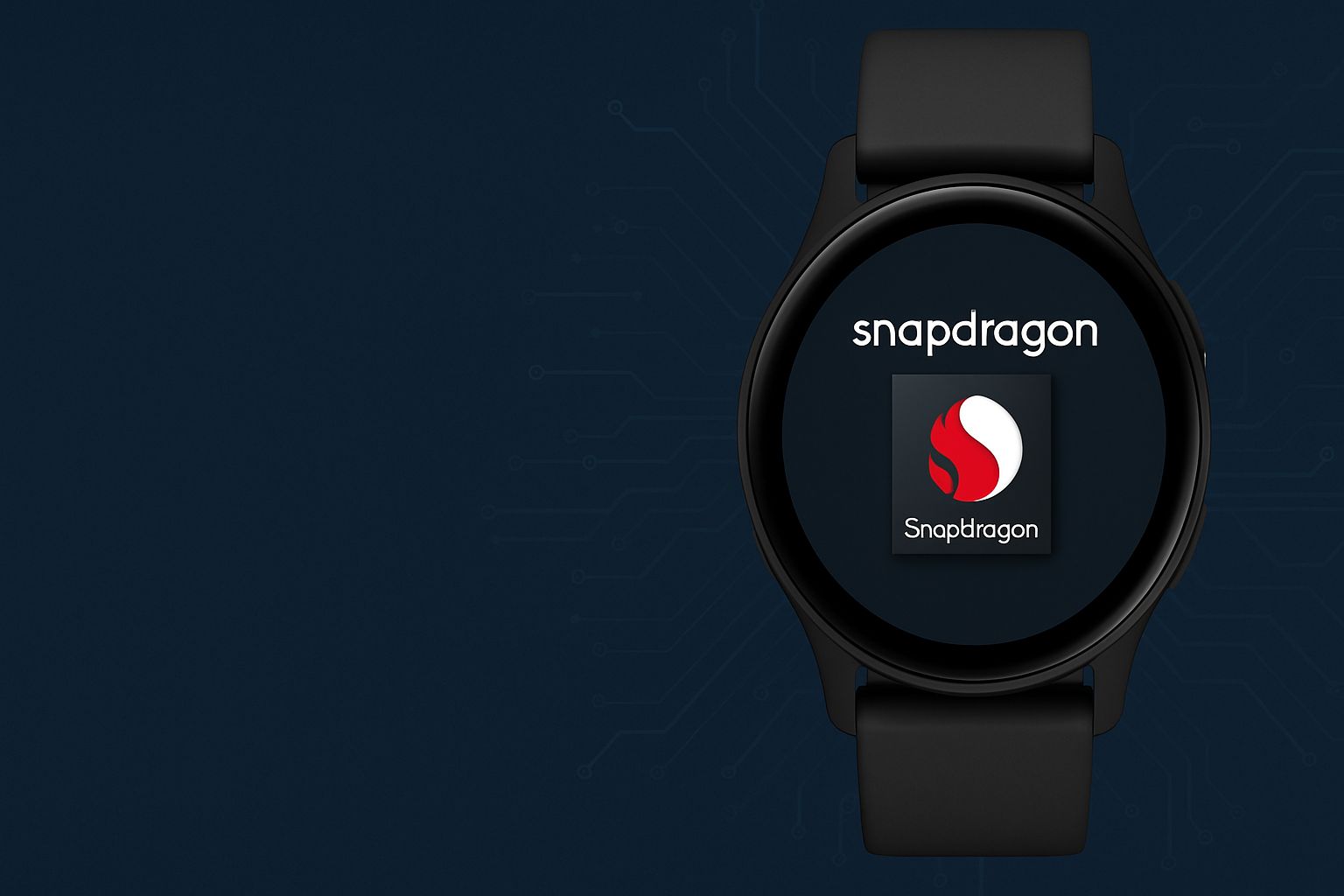
SW6100 Could Mean Faster Performance
Wear OS smartwatches may finally get the upgrade users have waited years for. Qualcomm is now testing a new chip for wearable devices, expected to replace the aging Snapdragon W5/+ Gen 1 platform launched back in 2022.
Since then, Google smartwatches have run on the same hardware, while Samsung alone has pushed the category forward with its in-house chips.
New Chip Called SW6100, Codenamed Aspen
According to documents viewed by Android Authority, Qualcomm’s upcoming chip is internally named SW6100 and goes by the codename “Aspen.” Although the final name is unknown, it could be branded as Snapdragon W6 Gen 1 or W5 Gen 2.
This new chip is currently in testing and may launch in devices as early as 2026, giving Wear OS smartwatches a long overdue performance leap.
Improved Process, Better RAM, Faster Cores
The chip is reportedly built on a TSMC node, which could significantly improve power efficiency over Samsung’s previous manufacturing processes.
There’s also support for LPDDR5X RAM, a jump from LPDDR4 in the previous generation. That change may slightly improve battery life and allow faster memory performance.
The SW6100 is expected to ship with 1 Cortex-A78 core and 4 Cortex-A55 cores, a major shift from the outdated Cortex-A53 cores used before. This setup matches what Samsung uses in its new Exynos W1000 chip.
New Coprocessor: QCC6100
Alongside the main chip, Qualcomm is also testing a new coprocessor, likely called QCC6100. There are no technical details yet, but it is expected to take over background tasks and improve power efficiency even further — much like the QCC5100 did in the previous generation.
What About RISC-V?
Earlier, Qualcomm and Google had plans to bring RISC-V architecture to wearables. This leak suggests that plan is either delayed or scrapped, at least for now. The presence of the Cortex-A78 core also indicates Qualcomm is sticking to Arm for performance-heavy tasks.
A Needed Boost for Google’s Wear OS Ecosystem
While Apple Watch continues to lead in wearable performance, Wear OS devices have lagged behind. If the SW6100 reaches mass production, it could bring modern hardware to a stale category and help Google better compete in the smartwatch space.
The Snapdragon brand has been central to Android performance, and this chip could finally bring that power to your wrist.
